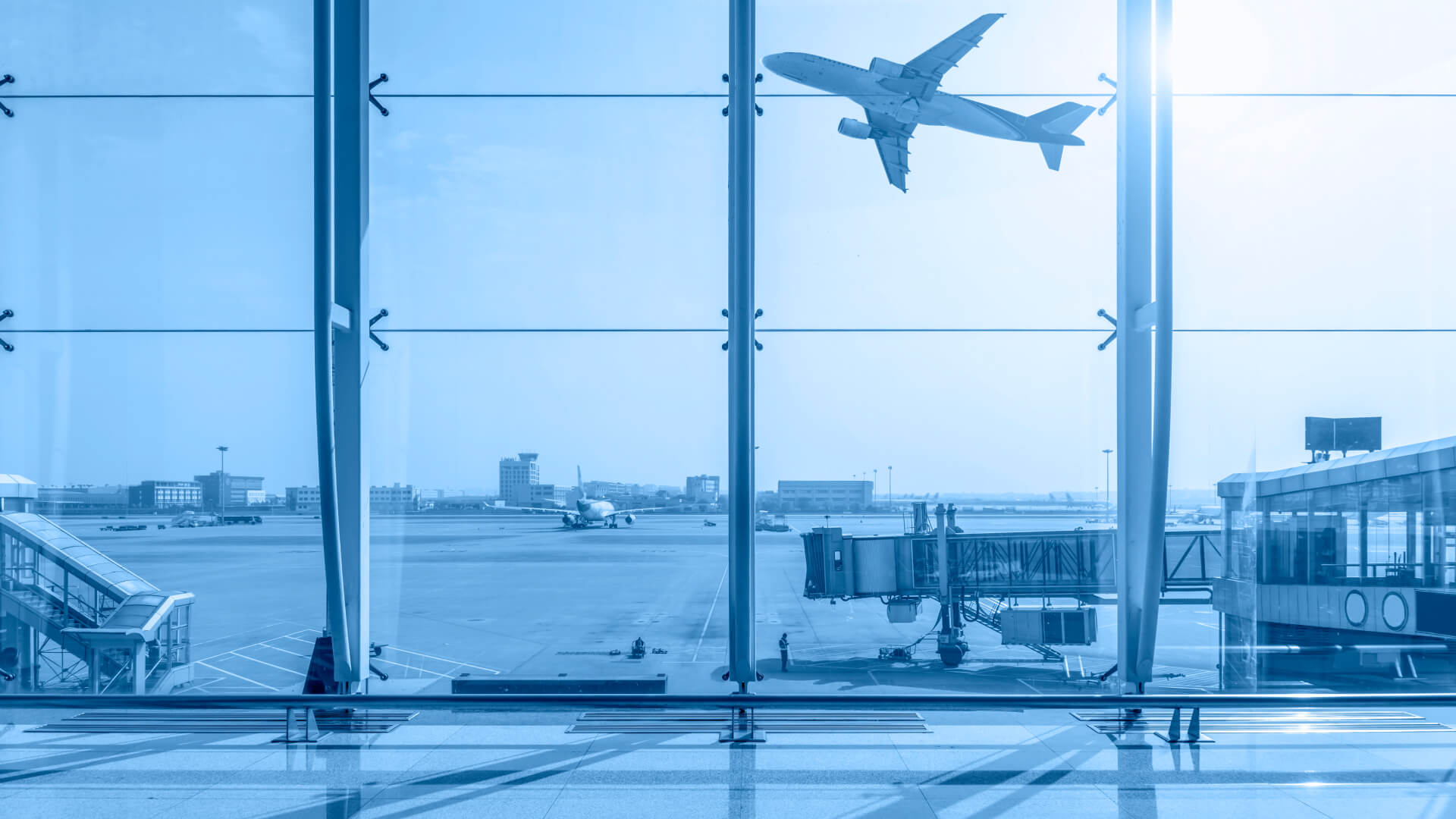Discover how Simply Contact helps leading airlines handle peak demand, reduce wait times, and deliver seamless support, no matter the season.
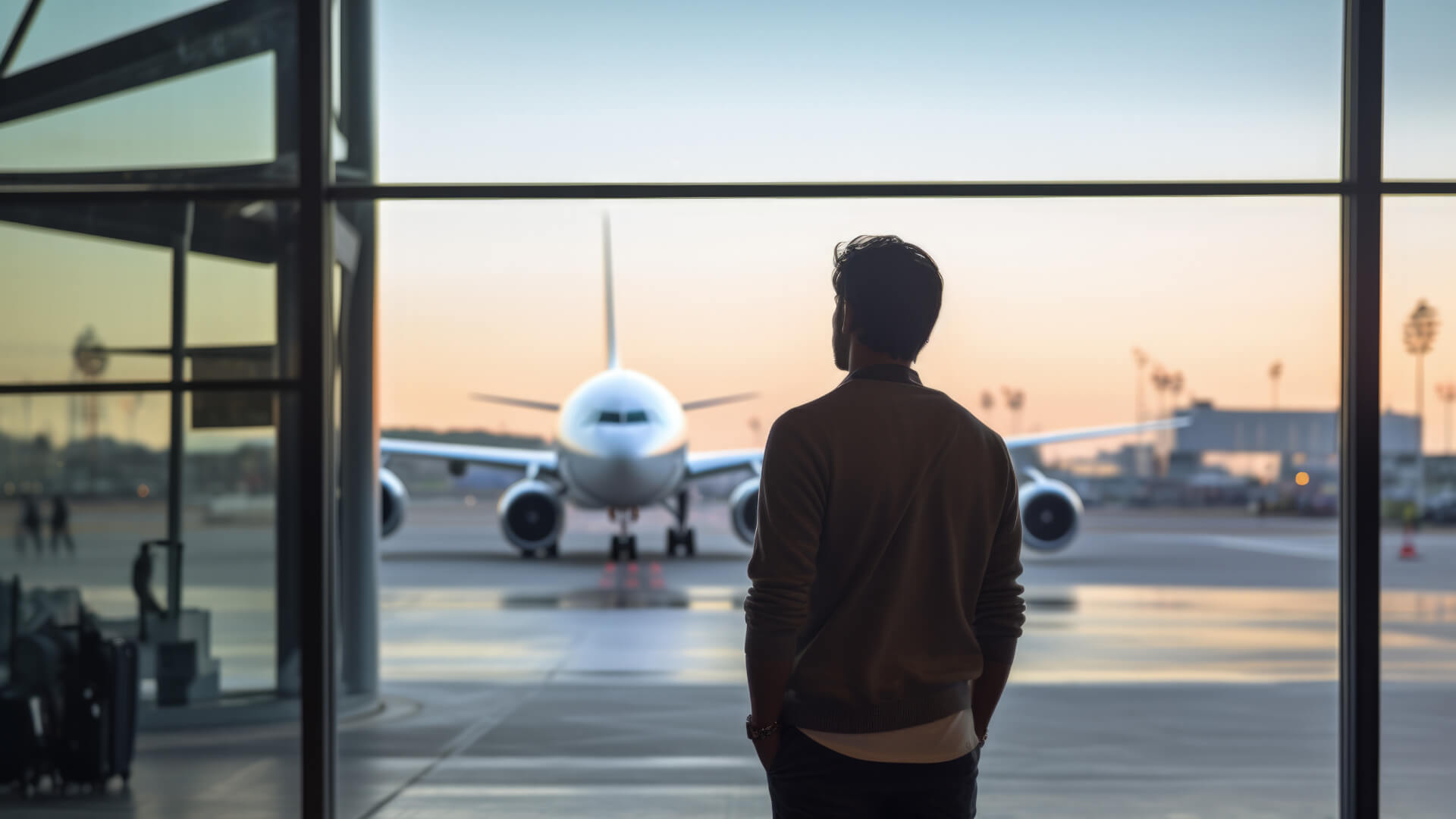
According to research and predictions, the airline market is constantly scaling, increasing by 430.2 billion USD between 2024 and 2029. The rising demand for air travel actively stimulates market growth and evolvement, and, as a result, expectations and demands for airline customer support services are growing as well.
Simply Contact invites you to learn more about the evolution of customer service in the airlines. As a professional customer service provider, we have witnessed changes in the industry, have adapted to them, and want to share the key outcomes with you. We will review how travel customer service changed during the airline industry transformation and how it impacted companies.
Evolution of airlines' customer service
The evolution of the industry drives customer service development, and we think nothing speaks about changing expectations better than the history of improvements. Let's review the main upgrades and key factors of service transformation.
Basic service
In the 1930s, air travel was more of a luxury opportunity than a common practice. The main mission of airline customer service was to create a positive, comfortable, and pleasant experience for passengers. Its role was limited to on-board service provided by stewards and flight attendants.
Booking and flight schedule issues
In the 1950s and 1960s, the popularity of air travel rose, changing the support role and extending it to safety assurance. The flight attendants had to ensure that all the passengers would have a safe and comfortable flight. The growing popularity of airplane traveling increased the need for reservations. Customer support professionals became responsible for flight bookings and dealing with possible issues related to changes in flight schedules. They became more involved in selling procedures.
Focus on customer satisfaction and solving problems
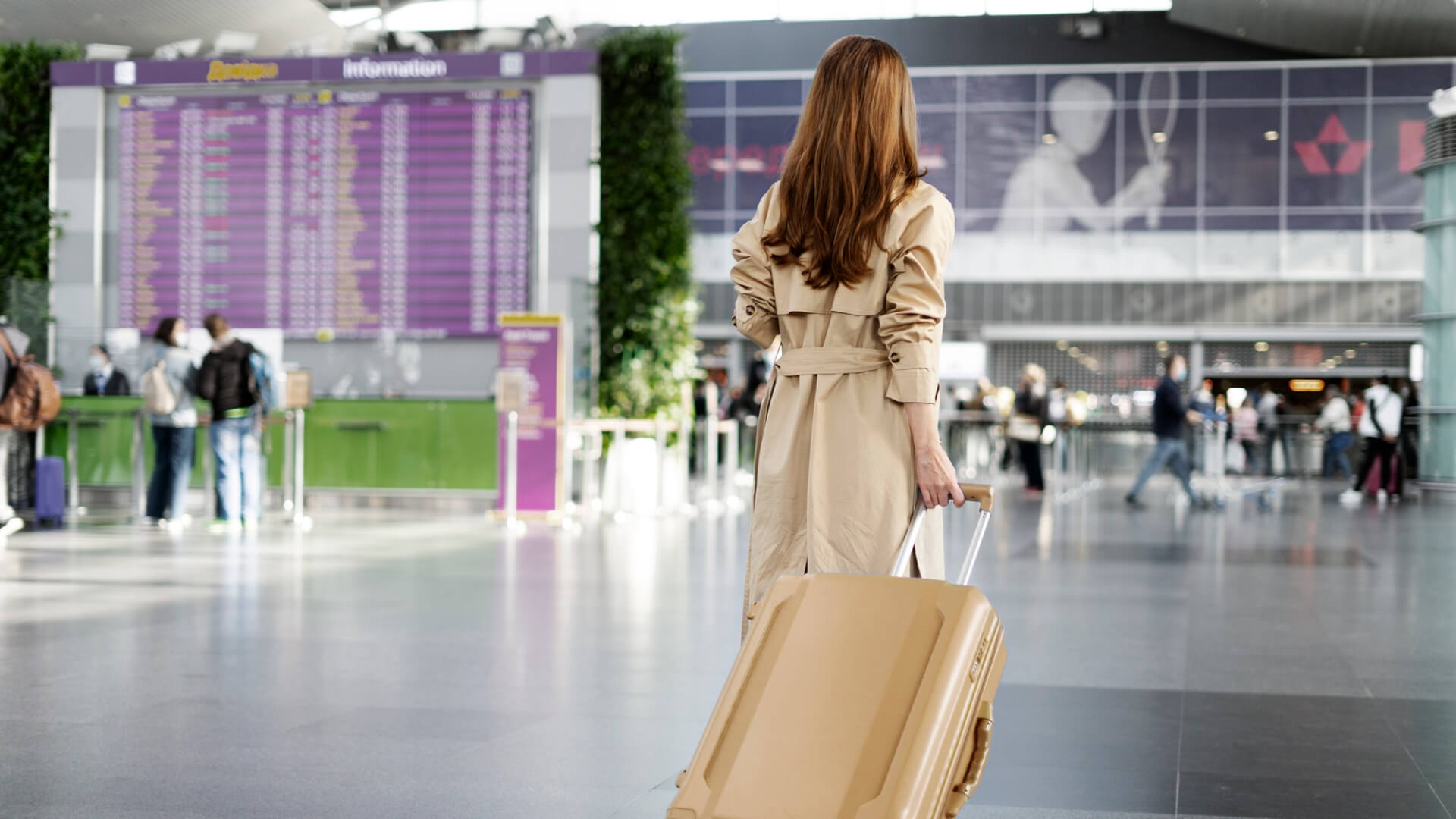
In the 1970s, traveling by plane became more affordable and available for the masses. As a result, the number of passengers increased, and customer services were extended to boarding checking and resolving baggage problems. The more passengers air companies got, the more claims they received, so customer service agents had to work with passenger complaints and solve the issues. Customer satisfaction became one of the main goals.
Technology evolution
In the 20th century, the rise of technology opened new customer opportunities. Online booking stepped in, and travelers could make reservations and manage flights online, reducing the need for reservation agents. IT professionals joined a customer support team to control and maintain the technology part of the process. The automation enabled self-check-ins and automated announcements. With the appearance of e-ticketing, the airports had to upgrade their services and adapt.
Digital era
The 21st century has raised airline customer service to a new level with the evolution of artificial intelligence and digital and social media platforms. Airline companies created dedicated teams to monitor and interact with customers on social media platforms, offering multi-channel support. Chatbots enabled 24/7 assistance on digital platforms, extending services beyond traditional working hours. AI made the services more personalized and customer-oriented, improving the overall experience.
Importance of customer service in the airline industry
Previously, customer support was focused on ticket selling, upgrades, and various additional services. But nowadays, customer support services aim to create outstanding customer experience, resolve issues, and achieve customer satisfaction. The greatest importance of customer service lies in building trust and loyalty to the brand through interactions with customers and active assistance.
Key outcomes of customer service evolution are:
Cost reduction through self-service
Airlines can significantly cut costs by implementing self-service options like online check-ins and chatbots. In this case, passengers will manage bookings, request refunds, and provide flight adjustments without an agent's assistance. So, a company can reduce costs associated with manual labor.
Faster issue resolution
AI-powered chatbots and virtual assistants can instantly respond to frequently asked questions and common queries. Advanced CRM systems will keep all passengers' history, helping to evaluate all the data, check information, and resolve problems quickly.
Improved customer experience and personalized approach
Customers expect highly personalized services, and AI can fulfill their wishes by offering personalized recommendations about seat upgrades, meal preferences, discounts on flights, etc. Omnichannel support will allow passengers to reach the airline's support team without any struggle.
Discover how we help leading airlines manage peak loads, reduce wait times, and keep service levels high year-round.
Get the whitepaper
Round-the-clock availability
24/7 availability of service is possible thanks to AI-powered chatbots and automation solutions. Constant access to desired help lowers the chance of travelers' frustration and demonstrates the airline as a reliable company. Real-time notifications integrated into mobile apps can also provide flight updates, keeping users informed.
Enhanced loyalty and retention
Reliable and user-friendly customer support helps build stronger relationships between customers and the airline. If experienced agents fix the issue promptly, even the most unpleasant situations can be turned into an opportunity to enhance loyalty.
How customer service has evolved: The real airlines examples
The airlines with top customer service have come a long way to the present state of services, and we want to show you how exactly the upgrades can impact the CX offered by airline companies. We invite you to review a few real-life examples of changes that transformed the company's approach to travelers.
Southwest Airlines
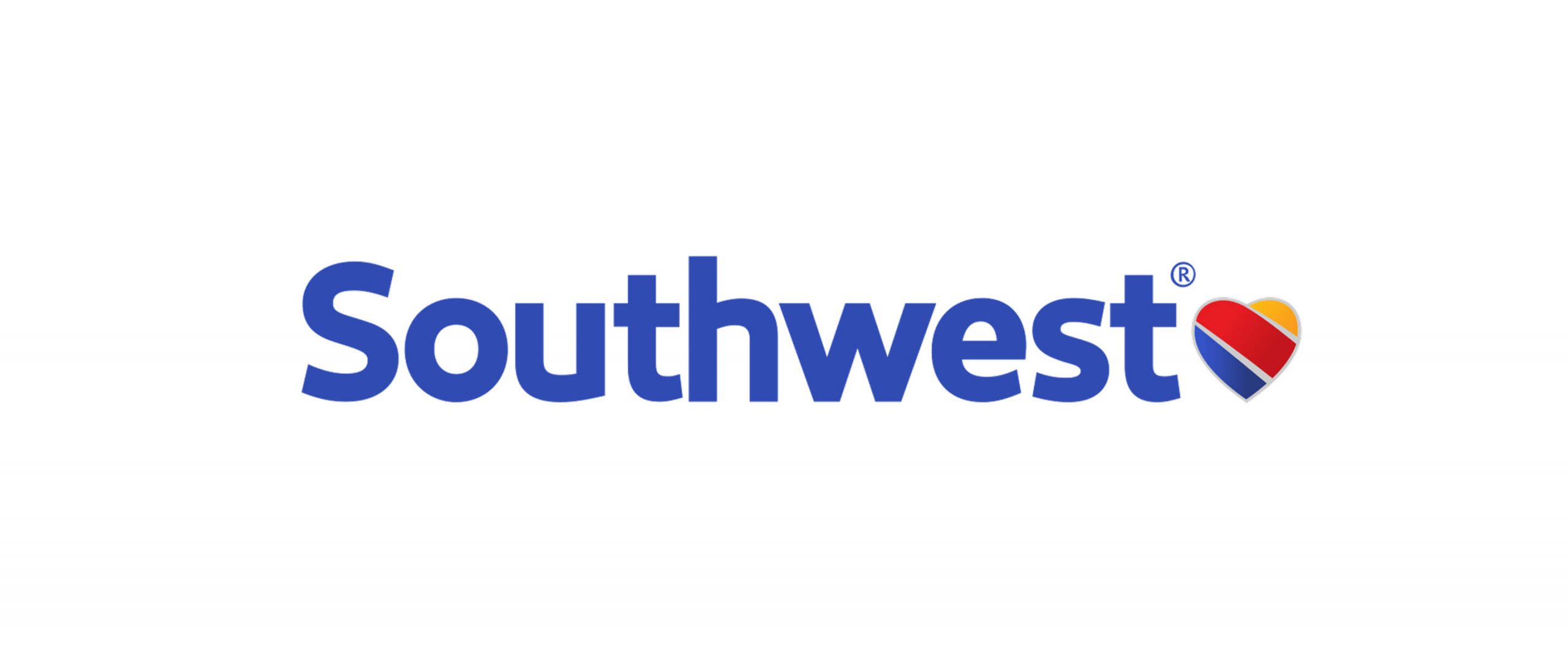
Southwest Airlines is well known for its strong focus on customer experience, accessibility, and quality of services. They aim to create a warm, friendly atmosphere with individual pride and company spirit.
Over 2 billion USD was invested in enhancing travelers' experience. Through advanced technologies, this company enabled omnichannel support via phone, live chats in mobile applications, email, and a special resource center for quick self-service. At Southwest Airlines, there is also a belief that happy employees are the key to better customer experience, which they demonstrate with an employee-first strategy.
Before improvements, Southwest Airlines regularly had problems with response time tracking. No standardized timelines for customer service replies caused long waiting and a growing number of unsatisfied customers. To fix the issue, Southwest Airlines applied strict service level agreements (SLAs) and ensured timely responses through constant time tracking.
Outcomes:
- Quick and efficient responses
- Compliance with local laws and regulations
Wizz Air

Wizz Air believes that each trip impacts and builds the person you are. The company values inclusivity, positivity, dedication, integrity, and sustainability. With a strong wish to improve their customers' experience, Wizz Air sought to reduce AHT (average handle time) with the help of Simply Contact.
The mission was to handle seasonal demand, reduce wait times, and arrange multilingual support. Previously, queries were handled via phone and in-person interactions, and there were too few options for digital ones.
Our team developed portals for booking, ticket management, and additional services. With self-service as the main support channel, Wizz Air enables instant access to frequently asked questions and the ability to solve issues at any time. The airlines also get an opportunity to save operational costs. We have integrated a blended support model, back-office, and automated workflows for more productive and effective functionality.
Outcomes:
- 30% AHT reduction
- 80% of calls are answered within 35 seconds
- 85% utilization rate year-round
- Self-service reduced operational costs by 25%
Frontier Airlines
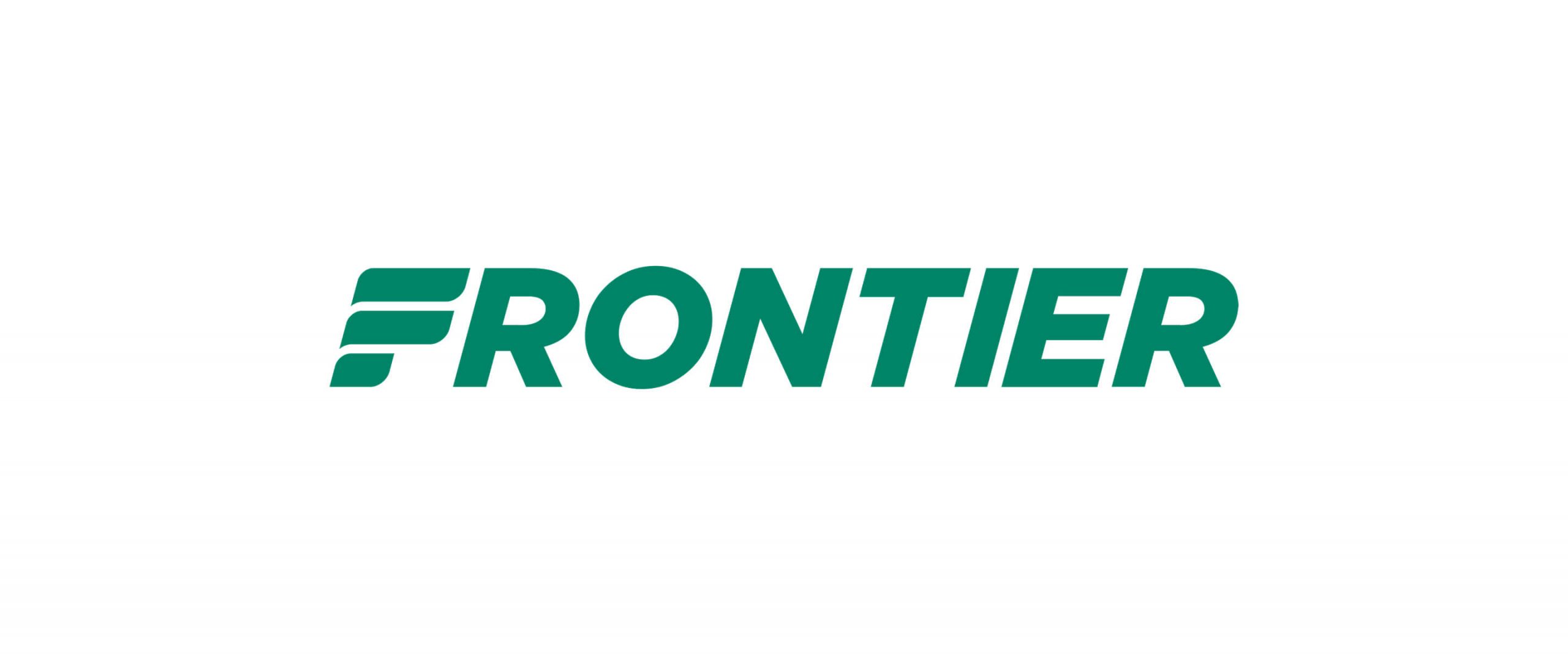
Frontier Airlines is focused on delivering a unique and affordable travel experience with the motto "Sky is for everyone." In the past, these airlines preferred an in-person approach, and customers often had to visit the counters to get support and solve ticket-related issues.
In November 2022, Frontier Airlines decided to stop offering customer services by phone. According to Jennifer DeLaCruz's statement, most customers preferred communication via digital channels, and the airline company decided to make them their focus. Cooperation with outsourcing contact centers enabled the third party to handle most of the issues. The new approach to customer service made them more available for travelers and significantly streamlined the workflows.
Outcomes:
- Focus on digital channels
- Streamlined workflows
- Cooperation with outsourced service provider
- Advanced digital tools
Cathay Pacific
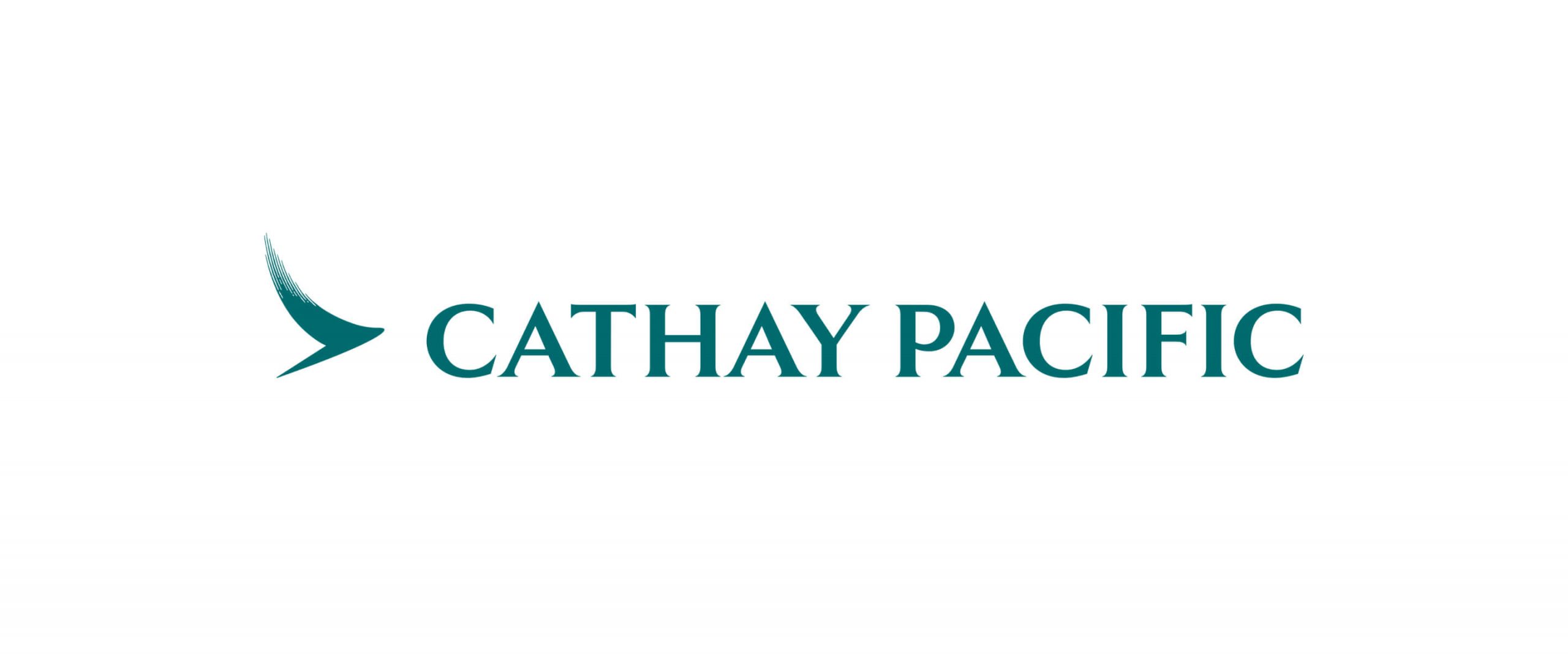
In 2023, the company completed a global transformation and became a premium travel brand. Cathay Pacific chose to implement new technologies during further development and evolvement.
Airlines use chatbots for quick and helpful interactions with customers. By enabling the power of conversational artificial intelligence, they improve response speed and accuracy. As a result, teams reach a new level of efficiency and productivity, and customers have access to an enhanced digital customer experience. The usage of digital channels has increased by 10-20%.
Outcomes:
- Automated task processing saves time for teams and customers
- AI handles most of the conversations with travelers
- Customers have access to assistance via digital channels round-the-clock
Our expertise in customer support for travel providers
Simply Contact has experience collaborating with airline companies and travel platforms like Fareportal and Airportr. Our outsourcing customer support services help to handle and streamline interactions with customers, offering them an outstanding quality of service, rapid assistance, and expertise.
In our project with Fareportal, we have achieved 15-18% of retained clients. The number of processed calls has exceeded our target by 0.2, and the level of CSAT increased to 75%. The dedicated team processed bookings, cancellations, refunds, issuance, and other procedures related to ticketing systems, ensuring multi-channel support.
For Airportr, we have handled all the communication channels, processing phone calls, emails, messages from social media, and chats in English, French, and German. Round-the-clock coverage and improved support scripts allowed us to reduce AHT and FRT, improving customers' experience.
If previously companies faced manual processing of inquiries with relatively slow response times, upgraded support is more reliant on modern technologies. Combining human agents and integrated AI-powered tools enables quicker response times and handling higher volumes of inquiries without sacrificing quality. According to our experience, AI can reduce costs by 30% and speed up the responses by 40%.
Conclusions
The development of the airline industry raised the demands and expectations from support services. The more passengers airlines have annually, the more claims and requests the support teams have to cover. Technology evolution has enabled more efficient, high-quality, customer-oriented support services, where customer satisfaction is the highest goal. Through AI-powered and automation tools, customer support teams can handle more inquiries than they could ever process themselves. Multi-channel customer support and self-service portals make assistance available for everyone in round-the-clock mode.
If you want to upgrade and improve your airline's customer support services, we recommend paying attention to modern technology, including automation solutions and AI-powered tools. However, technology alone isn’t enough—industry expertise, experienced agents, and a commitment to customer satisfaction remain essential. Today, leading airlines integrate innovation with operational excellence, ensuring that every passenger receives high-quality support while maintaining cost efficiency.
Get fast answers to any remaining questions
Thank you.
Your request has been sent successfully.
Your request has been sent successfully.




